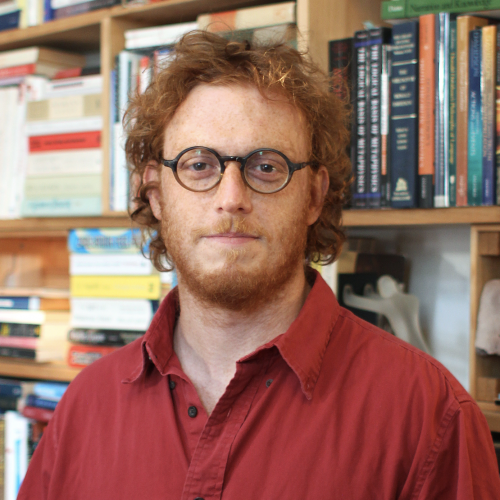Amount Awarded: $17,720
A longstanding debate in cognitive science and the philosophy of mind concerns the extent to which human cognition can be characterized by systematic, symbolic, or rule-governed computation (Fodor & Pylyshyn, 1988; Pinker & Prince, 1988). Early research on neural networks emphasized that rule-like or symbolic behavior could emerge from sub-symbolic or distributed representations (Rumelhart & McClelland, 1987; Smolensky, 1987). However, Fodor and Pylyshyn (1988) famously argued that neural networks could not succeed in explaining human behavior on the cognitive level because they are incapable of capturing the systematicity of human language and thought. Cognitive theories, they argued, must account for the fact that any human that understands the sentence ‘John loves Mary’ will be able to understand certain systematically related sentences, like ‘Mary loves John,’ as a matter of necessity. This debate has resurfaced in cognitive science and artificial intelligence (AI) research in the wake of the resurgent popularity of neural networks in domains such as computer vision and natural language processing (LeCun et al., 2015), and as models of computation in the brain (Cadieu et al., 2014; Yamins et al., 2014; Yamins & DiCarlo, 2016). Although these connectionist systems have made impressive progress in these domains, recent studies have shown that they perform 2 poorly on problems requiring systematic generalization (Lake & Baroni, 2018), even when humans succeed at analogous tasks (Dekker et al., 2022; Lake, Linzen & Baroni, 2019). Philosophers were integral to earlier progress on this issue and, in some cases, primary drivers of the debate about its significance for connectionism as a theoretical framework in cognitive science. Furthermore, this debate also raises more general questions about the role computational models can play in explanations of cognition – a topic that has garnered much attention in both neuroscience (Bowers et al., 2022; Cisek & Hayden, 2022; Jonas & Kording, 2017; Krakauer, Ghazanfar, Gomez-Marin, MacIver, & Poeppel, 2017; Marom et al., 2009) and philosophy (Piccinini, 2015; Shagrir, 2022; Sprevak, 2018). Given the importance of philosophy in historical debates about systematicity and the relevance of these debates to contemporary philosophical questions, the recent studies of systematicity in neural networks present an opportunity for collaboration between neuroscientists and philosophers. However, the current iteration of the debate has been largely confined to machine learning and cognitive science, and has not received enough attention from philosophers of language and mind. The primary goal of this project is to reinvigorate open communication between philosophy and cognitive science about these issues. To this end, we will 1) conduct experiments on human systematicity informed by the history of relevant debates in the philosophy of mind, 2) inspired by (Favela and Machery, preprint), administer a survey examining how both philosophers and cognitive scientists think about computation and systematicity in order to investigate any terminological differences that may be contributing to a lack of communication between and within the fields, and 3) write a paper aimed at a philosophical audience that reviews recent machine learning advances within the broader context of the historical debate. Our proposed research program will aim to advance ongoing scientific inquiry into systematicity, laying the groundwork for future empirical research using additional methods such as neuroimaging, while facilitating dialogue with a broader philosophical audience that may contribute greater conceptual clarity and historical understanding.
Zoe Drayson, PhD. Associate Professor, Department of Philosophy, University of California, Davis
Lotem Elber-Dorozko, PhD. Postdoctoral Scholar, Humanities and Arts Department, Technion, Israel Institute of Technology
Sam McGrath. PhD Candidate, Department of Philosophy, Brown University
Jake Russin. PhD Candidate, Department of Psychology, University of California, Davis
Danielle Williams. PhD Candidate, Department of Philosophy, University of California, Davis
Luke Pistol. PhD Candidate, Department of Philosophy, Stanford University





